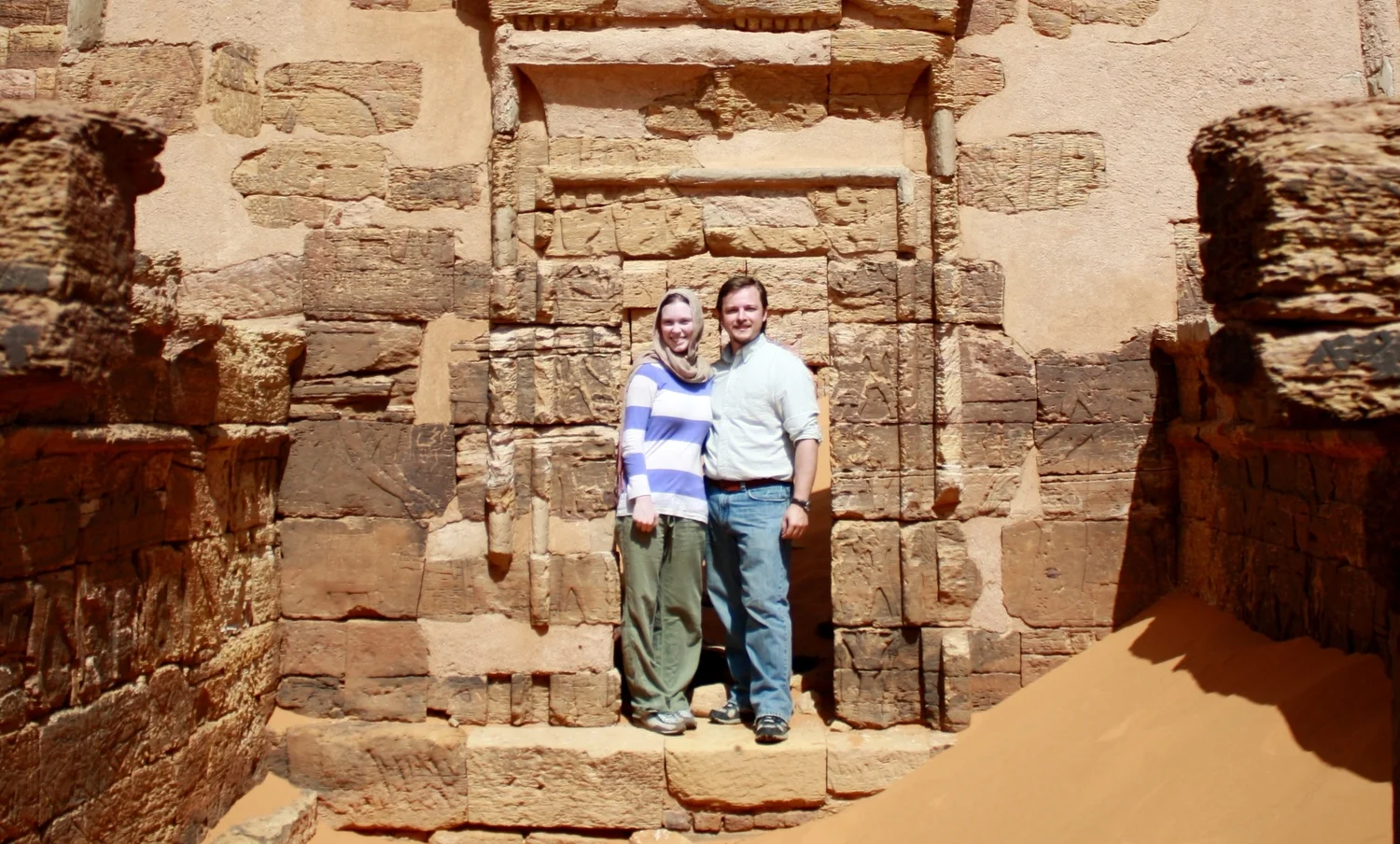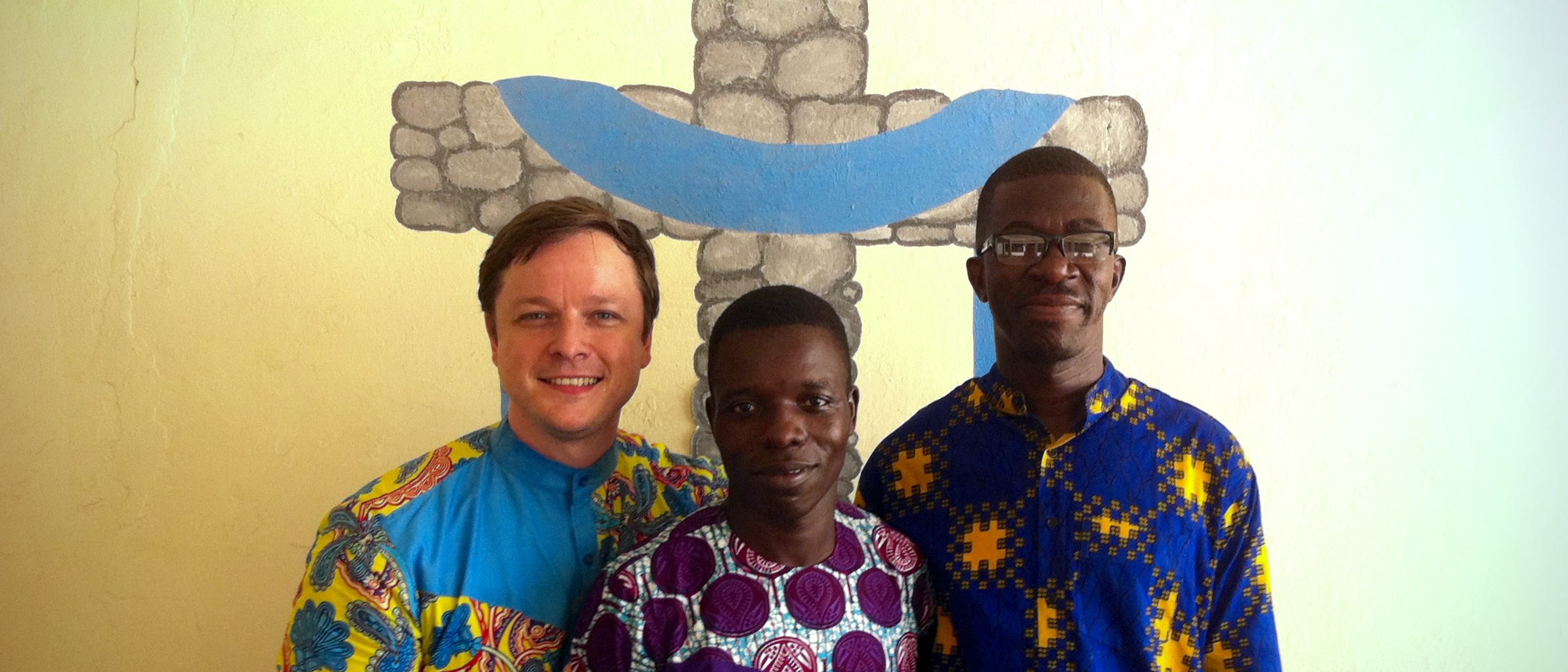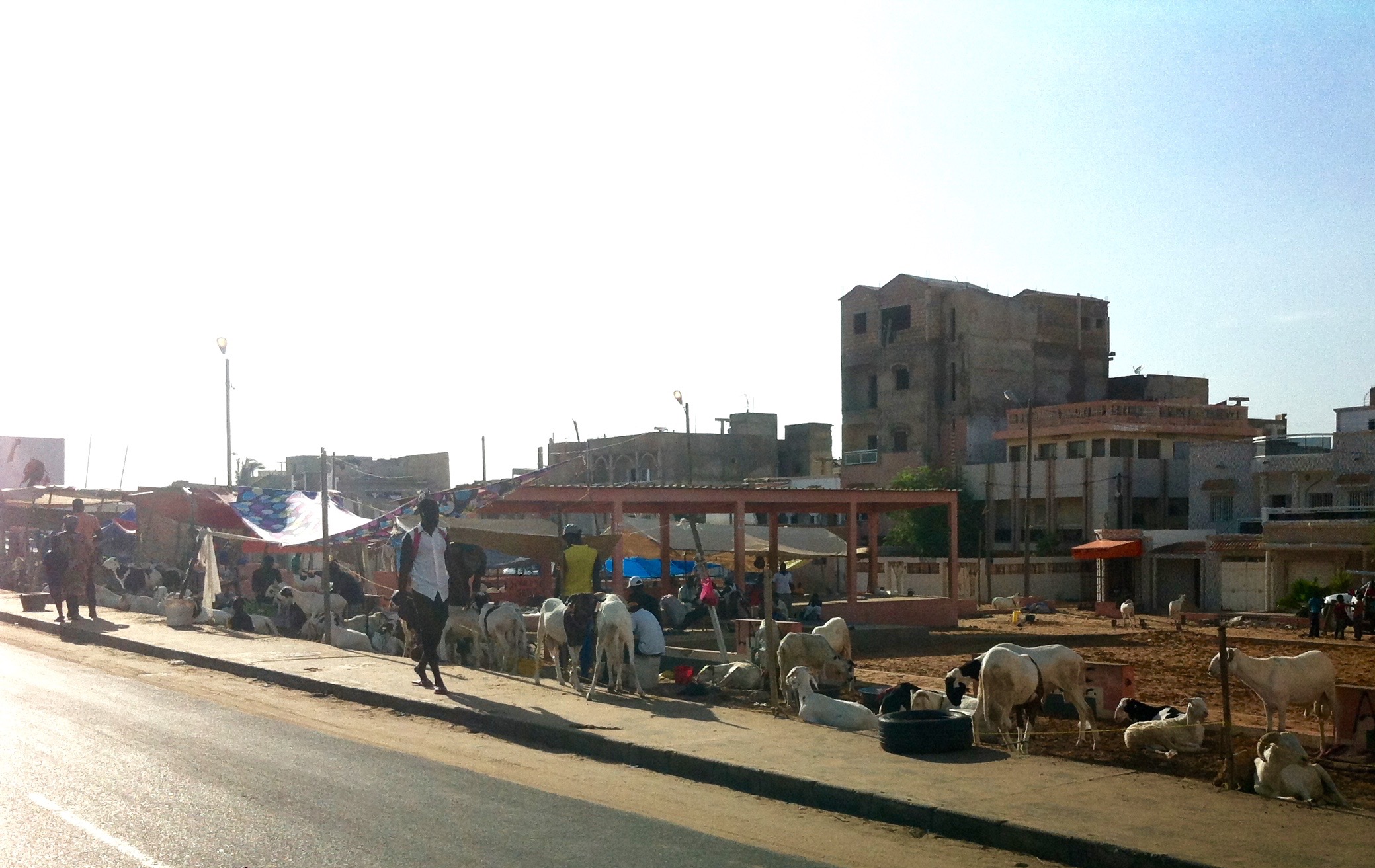“How do you plant churches?”
Driving the long road from N'djamena to Moundou was like stepping back in time. Back to a time, like the island time of my childhood, of intermittent electricity and the warm African sun. With my camera cautiously in hand, slowly drifting down the pothole riddled road, I watched for people moving through their day; men on horse-carts, boys herding cattle, women hauling water. Dodging another cavernous rut we passed two little girls and their mother carrying straw.
“How do you plant churches?”
In the desert scrub of Chad these little girls and their mother collected those thin strands of straw, picking each piece by hand. Then binding them together with a length of rope they carried them home.
A single piece of straw will never make a roof. By itself it is too small, too weak. What potential does a single strand of dry straw really hold? Yet that seemingly insignificant stalk, bound together in a bundle, woven together with other bundles, joined together in ever widening circles, can make a roof. Together drawing strength from one another each weak straw stands high over a home protecting everyone beneath it.
“How do you plant churches?”
essential circles
We plant churches like we build thatch roofs: in essential circles.
We plant churches like we build thatch roofs: in essential circles. Every aspect of our lives is influenced by others and is influencing others around us. Our personal relationship with Jesus is an essential circle as we are bound to Christ. Our marriage is an essential circle as we weave our relationship together with God (Ecclesiastes 4.12). Our family is an essential circle as we influence our children and teach them how to be sensitive to the voice of the Spirit (Prov. 6.21).
We plant churches in essential circles by creating relationships that create relationships.
We plant churches in essential circles by creating relationships that create relationships. If the point and purpose of our relationships are about us, about what we gain from them, then our influence will only hold as many people as our arms can wrap around. At most we might be able to make a hat. But if we are intentionally building relationships that influence others to serve and be served by one another, we are creating a culture of transformational servant leadership. As weak and humble people we have the potential as we are drawn together by Christ to weave our lives together to form a covering for the nations where they can see the Lordship of Christ lifted up.
Each church we plant in Senegal is another bundle of straw being joined together to cover the peoples of this nation. With every Serer believer we have the increased influence to reach the Jola. And with the every Jola believer we have the capacity to extend the gospel to the Pulaar. Together, as a multicultural creation, created in Christ Jesus for good works we will see the Wolof come to Christ and be woven into the kingdom of God (Ephesians 2.10). We will see an increasingly redeemed and transformed Africa as we effectively join our hearts and lives with the men, women and children of these national churches. In the power of the Holy Spirit across tribal and national barriers we will tower, like an eschatological beacon, a “ransomed people for God from every tribe and language and people and nation,” (Revelation 5.9-10).
Today, there are 16 African countries, like Chad, without a worker from our fellowship. No one is out in the open fields collecting the straw, no one is binding them together, no one is creating the covering for the nations. Would you be a transformational servant leader, like a little Chadian girl, collecting and carrying the straw and weaving them together?
“How do you plant churches?”





